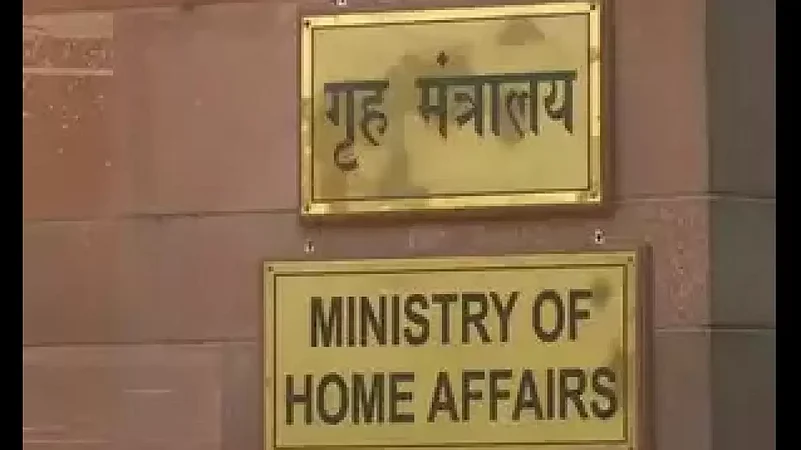The Citizenship Amendment Act has once again come to the forefront, echoing from the last elections. Following massive protests and criticism from the opposition last time, the CAA remained behind bars of conflicts and controversies. Now, four years later, the act has finally come into effect. Just days before the election, the notification for CAA was issued on March 11. Here are the answers to 5 key questions about the latest CAA notification.
What is CAA?
The Citizenship Amendment Act, enacted by the BJP-led government, aimed to provide a quicker path to Indian citizenship for non-Muslim migrants from Afghanistan, Bangladesh, and Pakistan who faced religious persecution. Passed in December 2019, the law sought to offer refuge and support to these individuals in need.
Who qualifies for citizenship?
Under the new regulations, non-Muslim immigrants (Parsis, Christians, Buddhists, Jains, Sikhs, and Hindus) can obtain Indian citizenship if they have lived in India for a minimum of one year and at least five of the last 14 years. This is a change from the previous requirement of 11 years for acquiring citizenship through naturalization.
How to apply for citizenship?
One can apply for Indian citizenship online through the official website. There's also a mobile app, CAA-2019, in development, as stated by the MHA (Ministry of Home Affairs). This application will be submitted to a committee through the District Level Committee overseen by a designated officer. The online application offers various categories for applicants to choose from when applying for Indian citizenship.
Who doesn't qualify for citizenship?
The law excludes autonomous tribal areas in Assam, Meghalaya, Mizoram, and Tripura, as specified in the Sixth Schedule of the Constitution. This exemption will also apply to regions like Karbi Anglong, Dima Hasao, the Bodoland Territorial Council areas in Assam, as well as the Garo Hills in Meghalaya.
What's causing the conflict?
Opposition parties have criticized the Citizenship Act for excluding Muslims, labeling the law as discriminatory. The timing of its rollout, especially ahead of elections, has sparked intense scrutiny and debate. Recently, the West Bengal CM, Mamta Banerjee stated her concerns that the CAA could pave the way for a nationwide implementation of the National Register of Citizens (NRC).However, the government had clarified earlier that CAA was not linked to NRC.
































